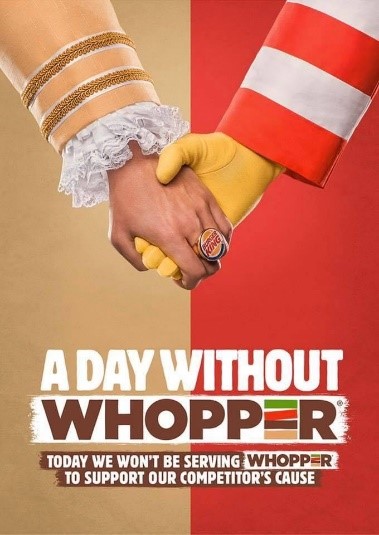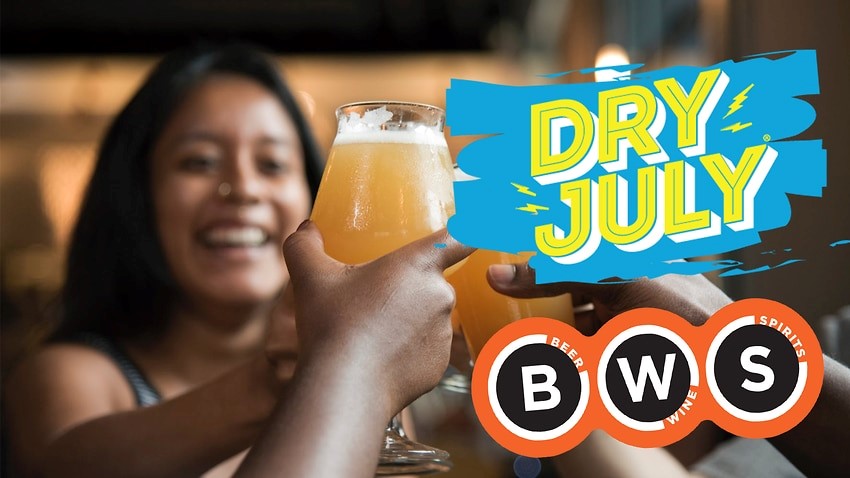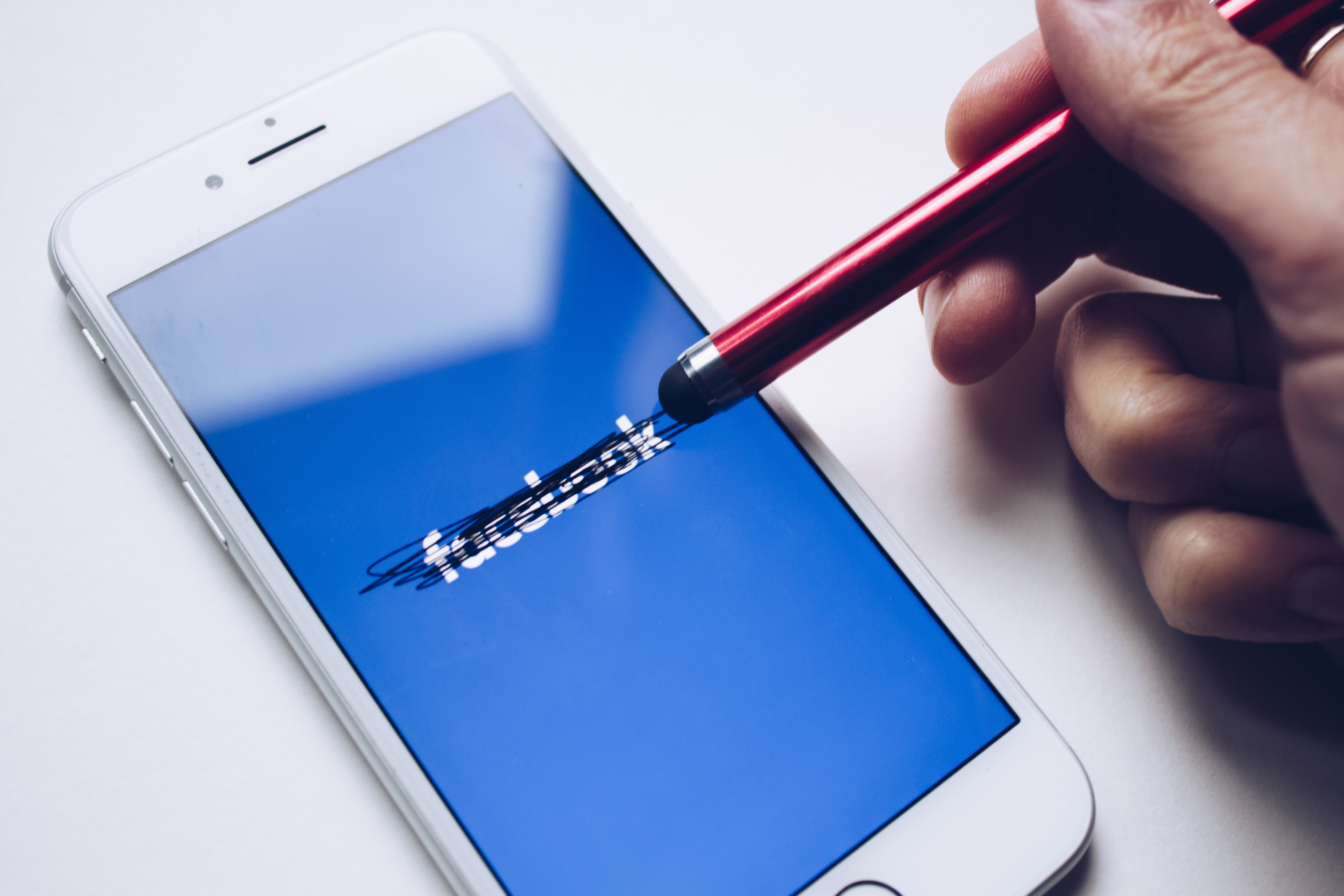The New Year is well and truly upon us (how is it almost Valentine’s Day!?) and if you are like me, these first few weeks of the year are time that I utilise to reflect upon 2019 – my achievements, my goals met, my friendships made, and my lessons learnt.
While 2019 was a great year for me personally (I got married and got an awesome new gig at Agent99) I was thrown into the realm of PR in a new way – where too much creativity can sometimes be a curse and building the wrong message can come back to bite you!
While 2019 gave us some inspiring moments of effective and influential PR and marketing tactics, there were some campaigns and PR stunts that definitely got people talking, and not always for the right reasons.
Taking a look back on 2019, here are my top 3 PR and Marketing fails:
1.Heartless Words – The Heart Foundation
Coming from a health communications background, this campaign definitely piqued my interest when it landed in May 2019. The Heart Foundation, Australia’s peak national body for heart health and awareness, ran a campaign entitled ‘Heartless Words’ that very un-subtly implied that those who don’t look after their heart health, don’t actually care about their families.
Within 24 hours, there was a very strong reaction and backlash across online news and social media channels, as the advertisements caused offence to families currently dealing with significant health battles out of their control. This prompted the Heart Foundation to issue an apology immediately and discontinue the ads across their platforms.
While a lot of confusion and damage may have been caused initially from this campaign, we can applaud the Heart Foundation senior team for their quick response in issuing an apology straight away to the community and accepting that their tactics could have been managed more appropriately. Have a watch here:
2. A Day Without Whopper – Hungry Jacks

A Day Without Whopper was a dividing campaign – some people believed that when Hungry Jacks’ in Argentina stopped selling their famous whoppers to support McHappy Day, it would prove a positive outcome on both businesses. In September, Hungry Jacks advised customers seeking their beloved whopper, to instead head to the local Maccas and purchase a Big Mac to go towards the Children with Cancer Foundation. While a nice idea in theory, others think it failed miserably. Here’s why…
“Consumers can smell the whiff of self-indulgent marketing from a mile off. They get it when they’re being sold a pipe dream that is two marketing teams trying to out-creative each other.”
Shane Allison (NSW President of PRIA)
While we can agree it might seem generous on behalf of Burger King to “donate their customers to McDonalds,” as their marketing materials claim, the reality is that this campaign did little to actually support McHappy Day in Argentina. Loyal customers arrived at Burger King that day and after getting frustrated about the fact that their fave burger had been stripped from the menu, they proceeded to order something else and not actually make the trip to Maccas to support a worthy cause. And there is no way Burger King’s marketing team were ignorant to this fact – knowing full well profits would not be overly too impacted.
3. BWS Partners with Dry July

Beer Wine Spirits (BSW) and the Dry July Campaign – name a more iconic duo!? #illwait
If you’re reading this partnership and having a snicker, you’re not alone! How are we living in a time when an alcohol retail chain is allowed to endorse a campaign centred on avoiding alcohol?
Somehow the stars aligned in 2019 to let this campaign come to life, with a press release from BWS stating, ‘We’re Sober for Dry July – Australia’s Largest Liquor Retailers Supports Cancer Fundraiser.’
Even though both the Dry July Foundation and BWS acknowledged this was an ‘unlikely partnership,’ immediately people were calling out BWS for the fact that their employees were not informed of the campaign, nor were they instructed to be participating in the Dry July challenge as the press release stated. The campaign was objected to by the Foundation for Alcohol Research Education as a “cynical marketing exercised by BWS designed to push the Woolworth’s alcohol brand and normalise alcohol.”
While I do feel that this statement is a step too far, it does really make me consider how I approach partnerships and brand alignments in the future. Ultimately, a brand-alignment campaign is a double edged sword and all marketers and PR professionals need to put their client’s reputation and needs first, before guiding them into potentially unbeneficial relationships.
These are just some of the campaigns that stood out for the Agent99 team this – but what are your thoughts? Do you think any of these campaigns actually provided stronger results for this brands? Share your thoughts in the comments!
By Agent Emilie
